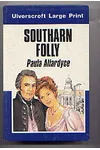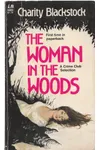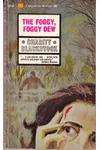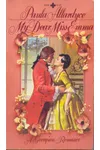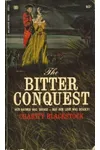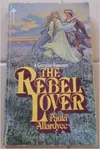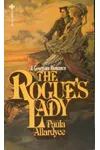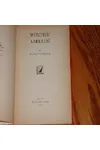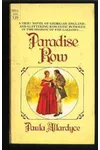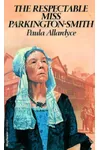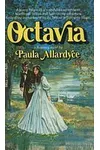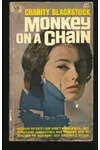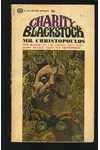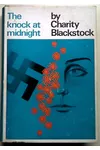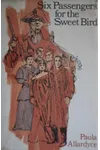Picture a British storyteller who wove tales of romance, mystery, and human resilience—meet Ursula Torday, better known as Charity Blackstock and Paula Allardyce! Born in 1912, this prolific author penned around 60 novels, blending gothic intrigue, heartfelt romance, and historical depth. Her work, inspired by her extraordinary life, including her WWII efforts aiding Jewish refugee children, continues to captivate readers with its emotional richness and vivid characters.
Torday’s ability to craft stories under multiple pseudonyms—Charity Blackstock for mysteries, Paula Allardyce for romances, and others like Lee Blackstock and Charlotte Keppel—made her a versatile literary figure. Her novels, often set against dramatic backdrops, invite readers into worlds where passion and suspense intertwine. Ready to dive into her enchanting legacy? Let’s explore!
The Making of Charity Blackstock / Paula Allardyce
Born Ursula Joyce Torday on February 19, 1912, in London to a Scottish mother and Hungarian anthropologist father, Torday’s early life was marked by cultural diversity and intellectual curiosity. Despite childhood polio affecting her gait, she thrived academically, earning a BA in English from Oxford’s Lady Margaret Hall and a Social Science Certificate from the London School of Economics. In the 1930s, she published three novels under her own name, including The Ballad-Maker of Paris (1935), before pausing her writing career during WWII. Her wartime role as a probation officer and her seven-year commitment to running a refugee scheme for Jewish children profoundly shaped her storytelling.
Charity Blackstock / Paula Allardyce’s Unforgettable Stories
When Torday resumed writing in the 1950s, she adopted pseudonyms to explore diverse genres. As Charity Blackstock, she crafted gripping mysteries like Dewey Death (1956), inspired by her time as a typist at the National Central Library, blending workplace tensions with murder and romance. Her memoir The Children (1966), also as Blackstock, poignantly recounts her work with Holocaust-surviving children, offering a moving blend of history and humanity.
As Paula Allardyce, Torday leaned into gothic and historical romances, such as My Dear Miss Emma, where spirited heroines navigate love and danger. Her 1961 novel Witches’ Sabbath, a Charity Blackstock title, won the Romantic Novel of the Year Award, celebrated for its brooding atmosphere and emotional depth. Torday’s style—sardonic humor, passionate characters, and keen psychological insight—set her apart, with themes of resilience and kindness reflecting her wartime experiences.
Other notable works include The Briar Patch (1960), a novel inspired by her refugee work, and Miss Fenny (1957), also known as The Woman in the Woods, which earned an Edgar Award nomination for its chilling mystery. Whether writing as Blackstock or Allardyce, Torday’s stories pulse with tension, romance, and a deep empathy for her characters.
Why Charity Blackstock / Paula Allardyce Matters
Torday’s impact lies in her ability to weave personal experiences into universal stories. Her novels, rooted in her WWII humanitarian efforts, brought attention to the plight of Holocaust survivors while entertaining with their thrilling plots and complex characters. Her versatility across genres—romance, mystery, and historical fiction—earned her a loyal readership and critical acclaim, including awards from the Romantic Novelists’ Association. Torday’s legacy endures through readers who cherish her emotionally charged narratives and the compassion that shines through her work.
- Born: February 19, 1912, London, England
- Key Works: Witches’ Sabbath, Dewey Death, The Children, My Dear Miss Emma
- Awards: Romantic Novel of the Year (1961), Edgar Award nominee
- Pseudonyms: Charity Blackstock, Paula Allardyce, Lee Blackstock, Charlotte Keppel
Snag Witches’ Sabbath or The Children and dive into Charity Blackstock / Paula Allardyce’s thrilling blend of mystery and romance! Her stories promise to sweep you away with their heart and suspense.


